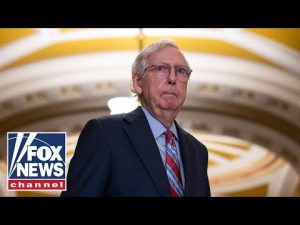In today’s fast-paced celebrity culture, it’s no surprise that public figures often catapult to fame not just through talent, but also through strategic media manipulation. A heated discussion has arisen around the inclusion of Blake Lively in the Time 100 list, sparking debate about what constitutes true influence. It’s crucial to scrutinize these selections critically, for they shape societal perceptions and values. As the controversy unfolds, it prompts broader questions regarding celebrity status and its impact on cultural discourse.
Lively’s appearance on this esteemed list has raised eyebrows and voices. Critics argue that her influence is overstated. When stripped of the gloss and glamor, it’s unclear what tangible impact she’s had beyond fashion magazines and subjectively assessed film roles. This is emblematic of a larger issue where certain celebrities use their platforms not to inspire genuine change, but to further their own public personas. It’s as if influence is a commodity, one that can be purchased or negotiated rather than earned through meaningful contribution.
The controversy deepens when considering the claims surrounding Lively. Critic Megyn Kelly has accused her of a “fake MeToo allegation” linked to Lively’s legal battle with Justin Baldoni. However, this characterization is Kelly’s opinion and not a confirmed fact. Lively sued Baldoni for sexual harassment and creating a hostile work environment, while Baldoni has a countersuit, with the trial set for March 2026. Protecting the authenticity of movements like MeToo is a responsibility that cannot be taken lightly. Misuse for media attention does a disservice to those who rely on these movements to bring about genuine change.
Furthermore, the reality of powerful PR teams steering the narrative adds a layer of complexity that’s hard to unravel. These celebrities are no longer lone figures; they are backed by intricate networks of media strategists who can sway public perception with little regard for truth. This shift in power dynamics is concerning, as it creates a distorted reality where image trumps substance. By calling out these manipulations, one safeguards the truth, ensuring that it remains unclouded by the machinations of celebrity influence.
In light of these developments, it’s imperative for society to remain vigilant, discerning between manufactured persona and genuine impact. Celebrities like Blake Lively, who seemingly offer more style than substance, shouldn’t overshadow truly influential figures who dedicate their lives to making a difference. As long as public dialogue and critical thinking prevail, the public can still navigate this dynamic and complex landscape with clarity and resolve.







